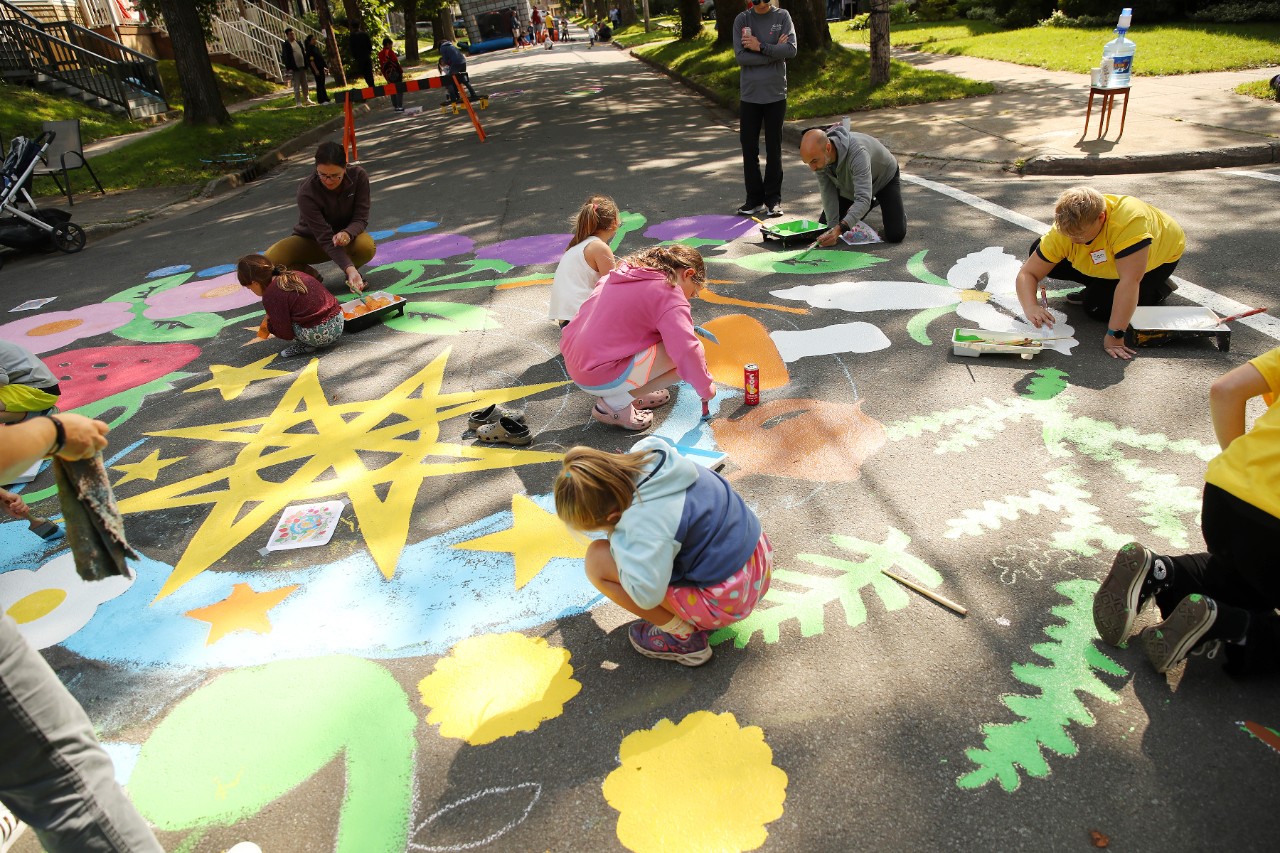Where a global mindset meets local commitment
As one of Canada’s leading institutions of higher learning, research, and innovation, Dalhousie University has co-evolved with our community for more than 200 years.
By embracing our role as a civic university and our commitment to reconciliation and the UN's Sustainable Development Goals, we help our students, faculty, staff, and alumni take action as global citizens while encouraging an immense pride of place.
Nova Scotia has shaped us to the core; we are committed to creating the kind of positive impact here at home that can be shared the world over.
Dalhousie University is committed to a respectful, transparent, and reciprocal relationship with our community. University employees are part of this community, and have a right to a respectful work environment when interacting with members of the public.
Our team is happy to assist with your inquiry; however, messages that are disrespectful, abusive, repetitive, or of a harassing nature may require the university to address concerning content and/or cease engagement.




